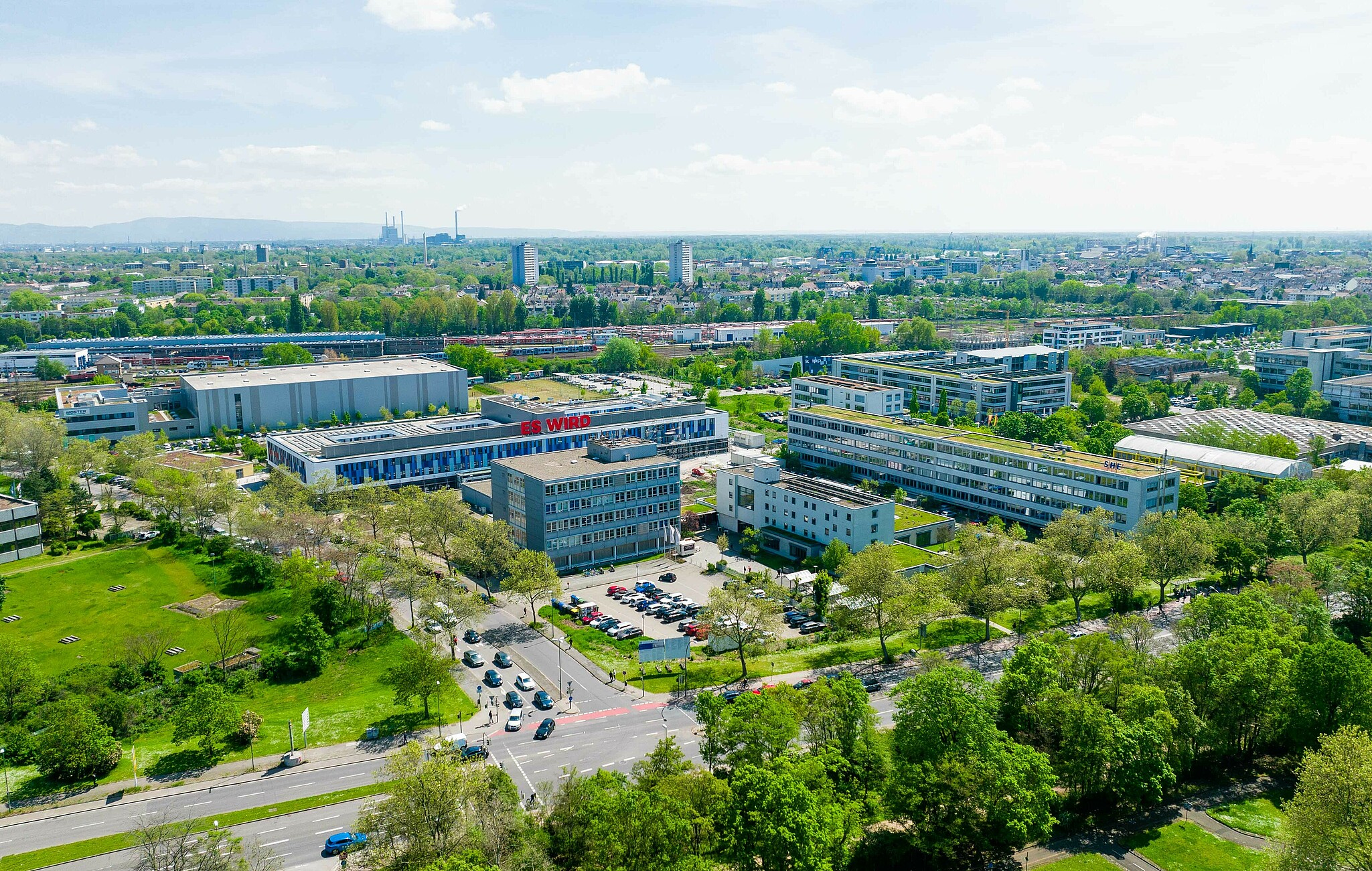Hospitals without an association or group structure will have a difficult time in the future, both in terms of medical quality and from an economic perspective. In particular, the economic consequences of the Covid 19 crisis and the challenges arising from future digital medicine and digital process organization will make it virtually impossible for the majority of hospitals to continue to exist as individual hospitals. For this reason, new innovative solutions for forming associations and groups should be considered, which will also allow supraregional alliances to be formed in the public sector.
This is the core result of a study commissioned by consus clinicmanagement and published by Prof. Dr. Marcus Sidki's Research Center for Public and Nonprofit Enterprises at the Ludwigshafen University of Applied Sciences.
Under the title "A municipal hospital group - a scientific evaluation from the point of view of services of general interest, medical quality and economic efficiency", the study authors Dr. Stephan Balling and Prof. Dr. Björn Maier describe how smaller municipal hospitals in rural areas - district hospitals - in particular are faced with the question of entering into partnerships.
"Municipalities should find regional or supraregional network solutions for their hospitals," says Dr. Stephan Balling, one of the two study authors. On the one hand, an analysis of various sources showed that individual hospitals acting as basic and standard care providers had particularly severe economic problems, as well as most likely medical-technical quality deficiencies. On the other hand, an expert survey had illustrated the advantages that group structures bring.
"Shared services such as IT, purchasing or personnel management combined with uniform standards and a high level of commitment are the most important factors why group solutions also make sense in the hospital sector," explains study author Prof. Dr. Björn Maier. As a central argument for intensive cooperation and network solutions, the study also shows the possibilities for knowledge transfer as well as the development and adherence to quality standards. In addition, there is another key success factor: cash pools, with which short-term liquidity bottlenecks can be avoided and investments can be managed in a more targeted manner.
The study also comes to the conclusion that, in addition to the public-law variant of the public-law institution (AÖR), the private-law forms of the (non-profit) limited liability company (gGmbH) or the (non-profit) stock corporation (gAG) make particular sense as a legal form for hospitals. The goal of making decisions under medical and economic aspects and not designing structures with a view to the electoral chances of local politicians could be achieved above all with the legal form of the gAG, since this has a board of directors that is not bound by instructions under stock corporation law.
In order to achieve a distance from politics, however, the legislator is also called upon to create clarity about the fact that local elected representatives are not bound by instructions on hospital supervisory boards. This applies in particular with regard to experts who are delegated by municipal bodies. "Our analysis aims to ensure that hospitals are managed according to professional aspects, according to the question of what is important for good care of the population, and what is economically sustainable, but at the same time a certain distance from politics is achieved without privatizing hospitals," Balling summarizes the approach of the study.
"The study results provide very interesting impetus for an ideology-free and public welfare-oriented debate on the future hospital landscape in Germany," comments Dr. Djordje Nikolic, managing director of study client consus clinicmanagement, on the results.
Link to study at: www.vwl.hwg-lu.deor as direct link under: https://vwl.hwg-lu.de/fileadmin/user_upload/forschung-transfer/oeffentliche-unternehmen/2021_SBIBM_Konzeptstudie_EinkommunalerKrankenhauskonzern_210428.pdf
For further inquiries the study authors are to you gladly at the disposal: (stephan.balling@ 8< SPAM protection, please remove >8 posteo.de and b.maier@ 8< SPAM protection, please remove >8 itic.de)
Technical contact:
Ludwigshafen University of Applied Sciences
Research Center for Public and Nonprofit Enterprises
Prof. Dr. Marcus Sidki
Marcus.Sidki@ 8< SPAM protection, please remove >8 hwg-lu.de




